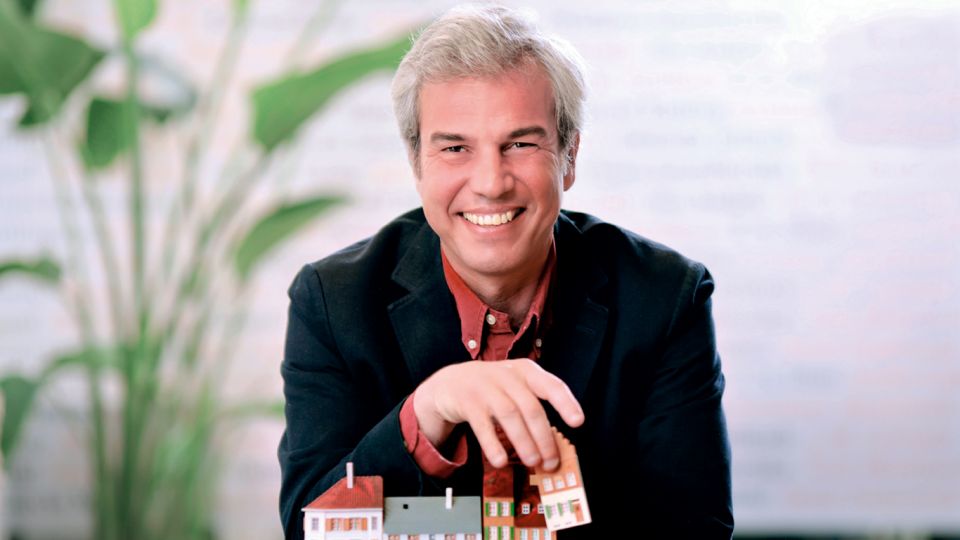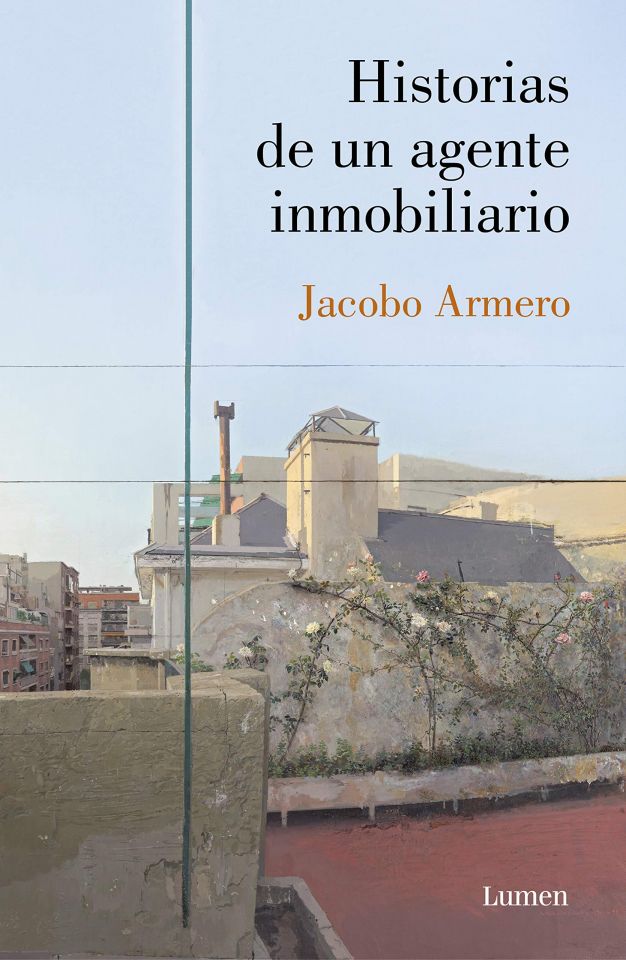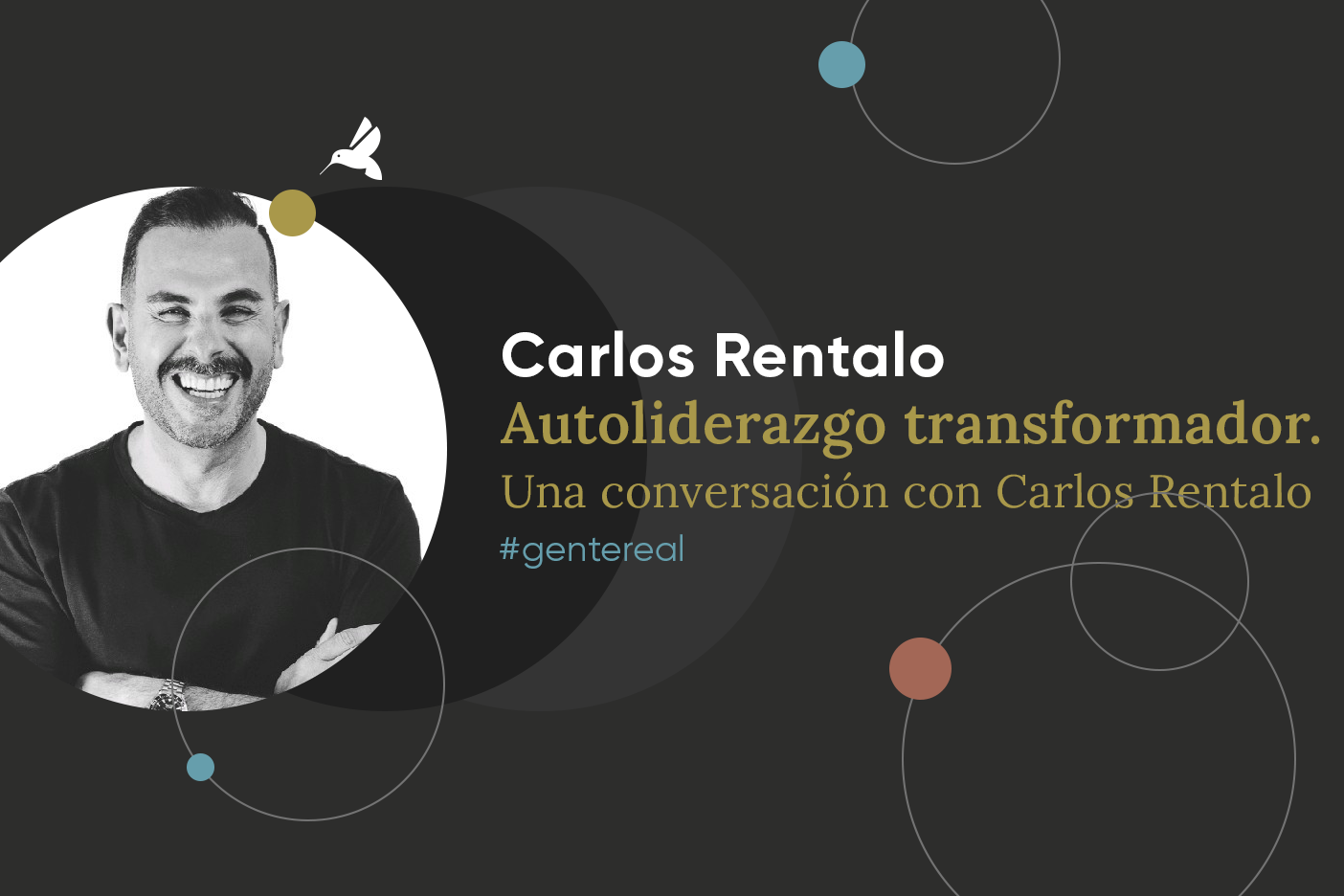Interview with Jacobo Armero and his memoirs as a real estate agent
The economic crisis forced it to reinvent itself in 2007.
From architect, he became a real estate agent. And after six years in this profession, Jacobo Armero has set down in a fictionalised memoir (Stories of an estate agentpublished by Lumen) how she made this vital change and what her life is like on a day-to-day basis.
He is passionate about Madrid, a city about which he has been writing for years a section entitled "Architecture and the City", first in the Metrópoli supplement of El Mundo and in El País afterwards.

He defines himself as "a social mediator" and tells, among other things, about the importance of working as a psychologist and understanding that a real estate agency does not work with houses, but with people. Perhaps that explains why he has been awarded RE/MAX Club 100% 2014, 2015, 2016 and 2018, and RE/MAX Platinum 2017 for his real estate work.
Below is the interview I recently conducted with him:
José Luis Echeverría (JL)_ Family, clients, Madrid, work, food, architecture... Your novel, to use a real estate simile, hovers over many plots of land, but doesn't settle on any of them. Have you written the book you imagined?
Jacobo Armero (JA)_ I never imagined any book. You start writing without knowing where you want to go. It is a journey, an exploration, not a premeditated discourse.
What has always interested me in writing is to mix everything, to touch on many different subjects, because that's how life is, and what I'm interested in reflecting above all is life. The life of a family, of a city, of clients, of bars... and life is never monothematic. Throughout each of our days, everything goes through our heads. I did have that idea. Mixing, spinning, weaving, sculpting a colourful landscape in each of the chapters of the book, but without an established script.

(JL)_ You define an estate agent as "a mediator who serves to channel change" (I wish the definition were mine!). This very "technical" definition contrasts with the intimacy that some client stories reveal. Is it because this is a "people business" or because, in reality, you are a "writer disguised as a real estate agent"?
(JA)_ (JA)_ (JA)_ (JA)_ (JA)_ (JA)_ A journalist recently asked me a question that made me think about this. He told me that he had the feeling that I had been an intruder in the world of architecture, an intruder in the world of publishing, now in the world of real estate brokerage, and he asked me if I didn't also feel like an intruder in the world of literature. And the truth is that I have to say yes, I suddenly have the feeling of being an intruder everywhere. I have never considered myself an architect or an editor, despite having worked in those professions, and neither have I now considered myself an estate agent or a writer, to tell you the truth. The truth is that I have never considered myself. It's a kind of rebelliousness, a resistance to classification. I return a little to the previous question. I don't want to stop sitting down to write after I've done a prospecting visit or with a buyer, I think it gives me a different perspective, and above all it gives me a lot of freedom, not being specialised in anything, which in the end is what interests me most.
(JL)_ At various times you appear uncomfortable in your role as an agent, particularly in relation to the ideology of achievement that is so present in this sector through training or coaching, for example. Is it your own doing or do you think that the real estate sector is obsessed with success?
(JA)_ (JA)_ (JA)_ (JA)_ (JA)_ (JA)_ It must be down to me. The ideology of achievement, as you say, I don't like at all, but it's the one that sells. In reality, my story is that of a resounding failure interpreted with optimism, without regrets of any kind: an architect who can't make a living from his work has to become a real estate agent, something much less glamorous. On the other hand, the obsession with success is not only present in the real estate sector, it is widespread.
(JL)_ The real estate sector has been used on occasion to openly criticise capitalism and the culture of success. I am thinking of the film Glengarry Glen Ross (Wilson Mamet) ━translated in Spain as "Success at any price" (!)━, where the winning agent in sales gets a car, the second one a set of steak knives and the others... are fired. Do you think it parodies today's reality in many agencies?
(JA)_ (JA)_ (JA)_ (JA)_ (JA)_ (JA)_ I almost like Tom Wolfe's novel Bonfire of the Vanities better as a reference. We live under pressure to succeed, to be happy... and the estate agent is just another case in point. In general, I miss discretion, that quixotic virtue that has disappeared nowadays. I am much more interested in it. The bragging of the successful person doesn't interest me at all; the low profile of the discreet person seduces me irremediably.
(JL)_ This ambivalent feeling of acceptance and disagreement also appears in your relationship with Ivan, your broker, with whom there seems to be a simultaneous relationship of admiration and strangeness, or as if Jacobo represents Ivan's negative...
(JA)_ (JA)_ (JA)_ (JA)_ (JA)_ (JA)_ He is a very different person from me, but with whom I have built a very sincere relationship, based on common values and a common way of seeing the world. We share the important things: honesty, perseverance, transparency... For me it is a pleasure to relate to very different people, of different ideologies, profiles or classes. I am interested in learning to know how to be in all kinds of places and situations, and with all kinds of people. My father called that elegance. I try to tend towards it, in the sense of knowing how to choose who you share your life with, in this case.
(JL)_ There is also the fact of going from being an architect and editor ━ both elitist professions━ to belonging to a sector that does not require a school degree, but which demands "a lot of street". How did you experience this change?
(JA)_ (JA)_ (JA)_ (JA)_ (JA)_ (JA)_ I had a hard time adjusting. The most important thing is to try to forget what other people think.
(JL)_ Fernando García-Erviti and you in Madrid or Jorge Campreciós and Maribel Martínez in Barcelona are some examples of architects who have left their mark on this sector through their contributions, influence or sales results. Do you think that real estate needs more architecture professionals?
(JA)_ (JA)_ (JA)_ (JA)_ (JA)_ (JA)_ I believe that the fact of being an architect is not in principle an advantage or a disadvantage to be able to develop a career in the real estate sector. There are very good agents with little or no training, and very bad agents with a lot. On the other hand, training such as ours is always a magnificent base, which ends up being useful for everything. Let's say that you have a very well-stocked toolbox, and if you know how to take advantage of it, it can give you a great return, but above all in terms of perseverance, constancy, confidence in effort and work, rather than the technical aspects of architecture, which can be useful, although only occasionally, and never decisive. In any case, It will always be good to have well-trained people entering the sector, as it will improve it.
(JL)_ Based on what you have learned over the years, what would you say today, from your agent self, to your architect self?
(JA)_ (JA)_ (JA)_ (JA)_ (JA)_ (JA)_ You can never stop selling yourself.
(JL)_ At a couple of points in the book you hint at a certain disorientation. Whether you know it or not, you join George F. Babbitt and Frank Bascombe, real estate agents and novel anti-heroes ━ (BabbittSinclair Lewis), (Independence DayRichard Ford) ━ experts in guiding the where and when of their clients' lives, but unable to make sense of their own. Can you relate?
(JA)_ (JA)_ (JA)_ (JA)_ (JA)_ (JA)_ Helping my clients make such important decisions allowed me to learn how to make them myself. I realised that, just as they had to turn the page to sell, I had to let go of my past to move forward. "Make peace with the irreversible", a slogan my broker has on a wall in the office, worked for me too. But disorientation is inevitable, and even necessary. Doubt is essential to move forward.
(JL)_ The music of Jaume Sisa and the Rolling Stones, driving along the M-30, a shop for sale ━siempre correosos━ and a neighbourhood burger bar close the last two pages of the book. To my eyes they paint a bittersweet scene of great urban intensity. Can they be read as signs that encapsulate the tone of the novel?
(JA)_ (JA)_ (JA)_ (JA)_ (JA)_ (JA)_ It is possible. That interpretation is up to the reader. I wanted to convey that life goes on, with its joys and sorrows, its good times and its bad times, and that nothing will stop it, so it's better to enjoy it as much as possible.
(JL)_ There is an agency co-founded by a journalist, an editor and an architect, where 50% of its agents are architects, where they write a lot and well, and which specialises in "beautiful homes". I don't know if you know it, it's called Monapart 😉 What do we have to do for you to work with us?
(JA)_ (JA)_ (JA)_ (JA)_ (JA)_ (JA)_ Imagine, I love the work you do, and it would suit me just fine, but I feel more comfortable selling everything. Maybe it's the fear of specialising that prevents me from taking that step 🙂 🙂





